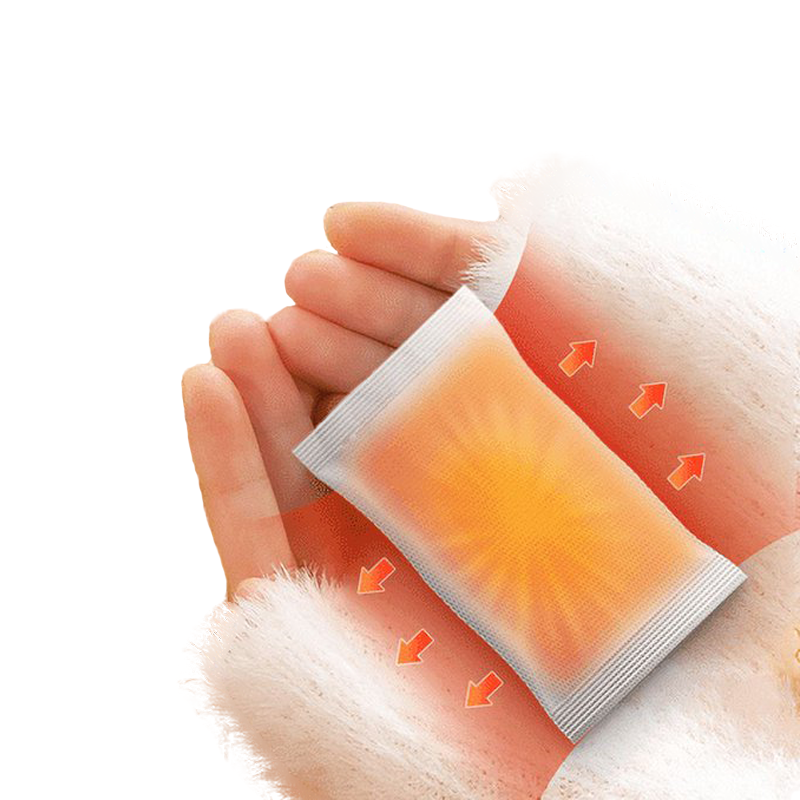Unlocking Superior Sleep Quality Through Modern Solutions
In our fast-paced world, achieving quality sleep has become increasingly challenging. Sleep strips have emerged as a revolutionary solution for those seeking deeper, more restful sleep. These simple yet effective adhesive strips are transforming the way people approach their nighttime routine, offering a non-invasive method to improve breathing and enhance sleep quality. As more individuals discover the remarkable benefits of sleep strips, they're quickly becoming an essential part of a healthy sleep regimen.
The Science Behind Sleep Strip Technology
Advanced Adhesive Design and Breathing Mechanics
Sleep strips utilize cutting-edge adhesive technology specifically designed for sensitive facial skin. The medical-grade materials ensure secure placement throughout the night while remaining gentle enough for daily use. These strips work by creating an optimal seal around the lips, encouraging nasal breathing and preventing mouth breathing during sleep. The carefully engineered adhesive pattern allows for natural movement while maintaining effectiveness.
Physiological Impact on Sleep Architecture
When properly applied, sleep strips promote nasal breathing, which triggers a cascade of positive physiological responses. The nasal pathway naturally filters, warms, and humidifies incoming air, leading to better oxygen saturation. This improved breathing mechanism helps maintain proper CO2 levels, which is crucial for sleep cycle regulation and overall sleep architecture. Research has shown that consistent nasal breathing supported by sleep strips can lead to more stable sleep stages and fewer disruptions throughout the night.
Key Advantages of Using Sleep Strips
Enhanced Breathing Patterns and Oxygen Flow
One of the primary benefits of sleep strips is their ability to optimize breathing patterns during sleep. By gently keeping the mouth closed, these strips encourage proper nasal breathing, which naturally increases nitric oxide production. This important molecule helps dilate blood vessels, improving oxygen delivery throughout the body. Users often report waking up feeling more refreshed and energized due to improved oxygen circulation during their sleep hours.
Reduction in Sleep-Related Breathing Issues
Sleep strips have shown remarkable effectiveness in addressing various breathing-related sleep disturbances. They help minimize snoring by preventing mouth breathing, which is a common cause of sleep-disordered breathing. For individuals who experience mild sleep apnea symptoms, sleep strips can serve as a supportive therapy by promoting proper breathing mechanics and reducing the likelihood of airway obstruction.
Lifestyle Integration and Sleep Quality Improvement
Establishing an Effective Nighttime Routine
Incorporating sleep strips into your evening routine is straightforward and can significantly enhance sleep quality. Users typically apply the strip about 15 minutes before bedtime, allowing time to adjust to the sensation. This simple addition to the nighttime routine often becomes a signal to the body that it's time to prepare for rest, helping to establish consistent sleep patterns and improved sleep hygiene practices.
Long-term Benefits for Sleep Health
Regular use of sleep strips can lead to lasting improvements in sleep quality and overall health. Many users report experiencing better daytime alertness, improved cognitive function, and increased energy levels after consistent use. The cumulative benefits of proper breathing during sleep can also contribute to better cardiovascular health, reduced inflammation, and enhanced immune system function.

Choosing and Using Sleep Strips Effectively
Selection Criteria for Optimal Results
When selecting sleep strips, it's essential to consider factors such as strip size, adhesive strength, and material quality. The best sleep strips feature hypoallergenic materials, breathable design, and appropriate sizing options to ensure comfort and effectiveness. Look for products that have undergone dermatological testing and maintain their adhesive properties throughout the night while being gentle enough for regular use.
Application Techniques and Best Practices
Proper application of sleep strips is crucial for maximizing their benefits. The skin should be clean and dry before application, and users should position the strip to create a comfortable seal without excessive tension. Some users find it helpful to start with shorter wearing periods to acclimate to the sensation. Consistent proper placement and regular use lead to the best results in improving sleep quality.
Frequently Asked Questions
Are sleep strips safe for nightly use?
Sleep strips are generally safe for regular use when made from high-quality, hypoallergenic materials. However, it's recommended to give your skin occasional breaks and to discontinue use if any irritation occurs. Consult with a healthcare provider if you have specific concerns about long-term use.
How long does it take to see results with sleep strips?
Many users report improvements in their sleep quality within the first few nights of using sleep strips. However, optimal results typically develop over 2-3 weeks of consistent use as your body adjusts to the new breathing pattern and sleep routine.
Can sleep strips help with snoring?
Yes, sleep strips can be particularly effective in reducing snoring caused by mouth breathing. By encouraging nasal breathing, these strips help maintain proper airway positioning and reduce the tissue vibrations that cause snoring sounds.

